The cowardly big businesses that rolled back LGBTQ+ support in 2024
Like the residents of Munchkinland celebrating Elphaba’s watery demise in Wicked‘s opening number, anti-‘woke’ pundits are delightedly banging the drum that diversity, equality and inclusion policies (DEI) – aimed at reducing discrimination in the workplace – are dead, dunzo and pushing up daises.
“The death of DEI is finally here,” Michael Deacon proclaimed, “the DEI cult is now imploding,” Sam Ashworth-Hayes declared – citing car manufacturer Jaguaras the first fatality – “the DEI game is up,” Matthew Lynn insisted.
You get the picture.
Whilst you could argue these statements are just the overzealous sells of attention grabbing headlines, it is undeniable the right’s self-imposed ‘War on Woke’ – which this year turned its Eye of Sauron-esque gaze on DEI – has forced US multi-billion dollar businesses to abandon commitments to fostering fair and equitable workplaces.

Leading the charge throughout 2024 has been former music video director turned MAGA pundit and anti-woke campaigner Robby Starbuck, whose mission to bring “sanity back to corporate America” via public pressure campaigns and boycotts has seen big name US brands like Harley-Davidson, Jack Daniel’s, Ford, Stanley Black & Decker and John Deere – just to name a few – all roll back DEI policies.
Starbuck’s ire is with American firms supporting minority causes and communities, such as sponsoring LGBTQ+ Pride events, running inclusivity training for staff and taking part in the Human Rights Campaign’s Corporate Equality Index. That being said, business participation in the HRC’s Index reached record levels in 2024, despite Starbuck’s best efforts.
Further to this, corporations abandoning their DEI commitments has certainly not happened without criticism, with disdainful LGBTQ+ folks voting with their feet and making it clear that they’re more than willing to take their cash elsewhere.
The 2024 LGBTQ+ Climate Survey found that 80 per cent of LGBTQ+ adults in the US would boycott a company that rolled back equality programmes, whilst more than 75 per cent said that they would have a less-favourable opinion of a company that cut its DEI policies. The survey found 52 per cent of people said they would urge others to boycott the company, including by posting negative reviews on social media.
As the year draws to a close, here are some of the biggest and most well-known businesses that have backed down on supporting diversity this year.
Walmart
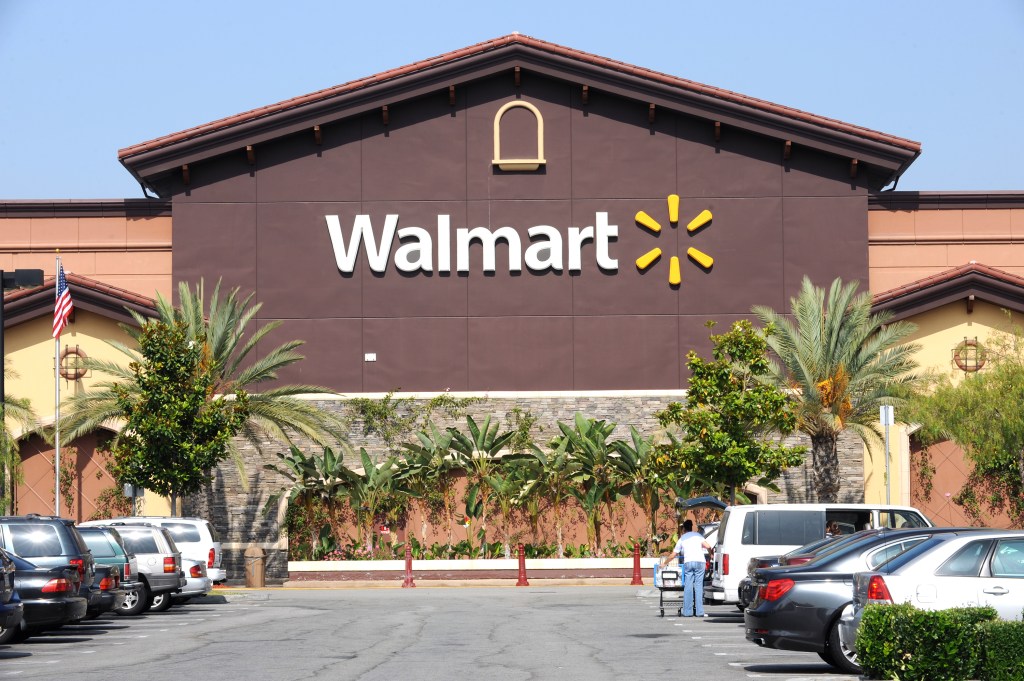
Not the most recent company to fold on its DEI commitments, but no doubt the biggest.
Walmart is the America’s largest private employer and has 1.6 million associates working across nearly 5,000 locations in the US, with a total of 2.1 million staff on the books worldwide.
According to revenue data published by Forbes for its Fortune 500 list, Walmart generated revenue worth $645.15 billion in 2023.
Walmart’s decision to step back on its DEI policies came as Starbuck threatened to galvanise a boycott in conjunction with the Black Friday sales, a post-Thanksgiving shopping event which generated a total of $9.8 billion across the US economy in 2023.
Taking to X, formerly Twitter, Starbuck said he warned Walmart executives he was “doing a story on wokeness there” and had “productive conversations to find solutions.”
The business will now no longer take part in the Human Rights Campaign’s Corporate Equality Index – it earned a perfect score of 100 in 2023 – stop selling “inappropriate sexual and/or transgender products” marketed at children, review Pride funding and no longer provide staff with racial-equity training.
Walmart will also stop using the term Latinx, discontinue the use of DEI as a term and “will evaluate supplier diversity programmes and ensure they do not provide preferential treatment and benefits to suppliers based on diversity.”
Starbuck said the decision would “send shockwaves throughout corporate America.”
Ford
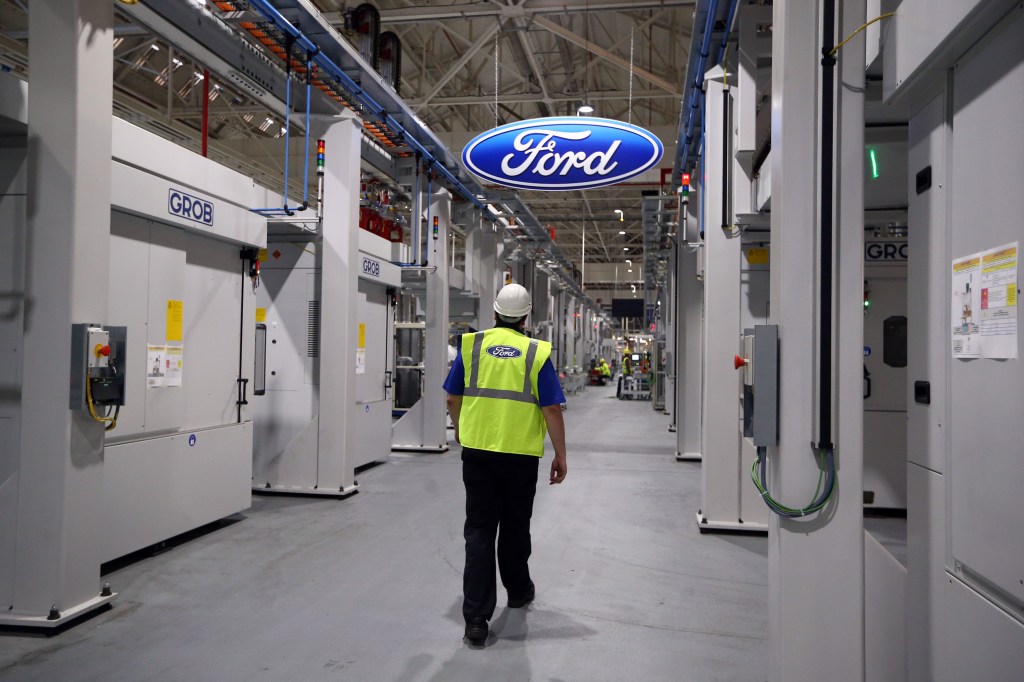
Iconic car manufacturer Ford is known not only for producing vehicles but for entirely revolutionising the means of mass production through assembly lines. But despite its industry-leading history, it seems it flinches at the risk of conservative upset.
According to the Fortune 500 list, the brand generated revenue of $176,191,000,000 ($171.19 billion) in 2023 and employs around 130,000 staff members in the United States.
In August, the company announced it would be ending its participation in the HRC’s Corporate Equality Index, with CEO Jim Farley saying in a memo: “We are mindful that our employees and customers hold a wide range of beliefs, and the external and legal environment related to political and social issues continues to evolve.”
Farley added Ford would focus on taking care of employees and customers “versus publicly commenting on the polarising issues of the day.”
The HRC slammed the decision, writing on a social media post that Ford was “cowering to MAGA weirdo Robby Starbuck.”
Starbuck, unsurprisingly, celebrated the move: “This isn’t everything we want but it’s a great start. We’re now forcing multi-billion dollar organisations to change their policies without even posting just from fear they have of being the next company that we expose.”
Lowe’s
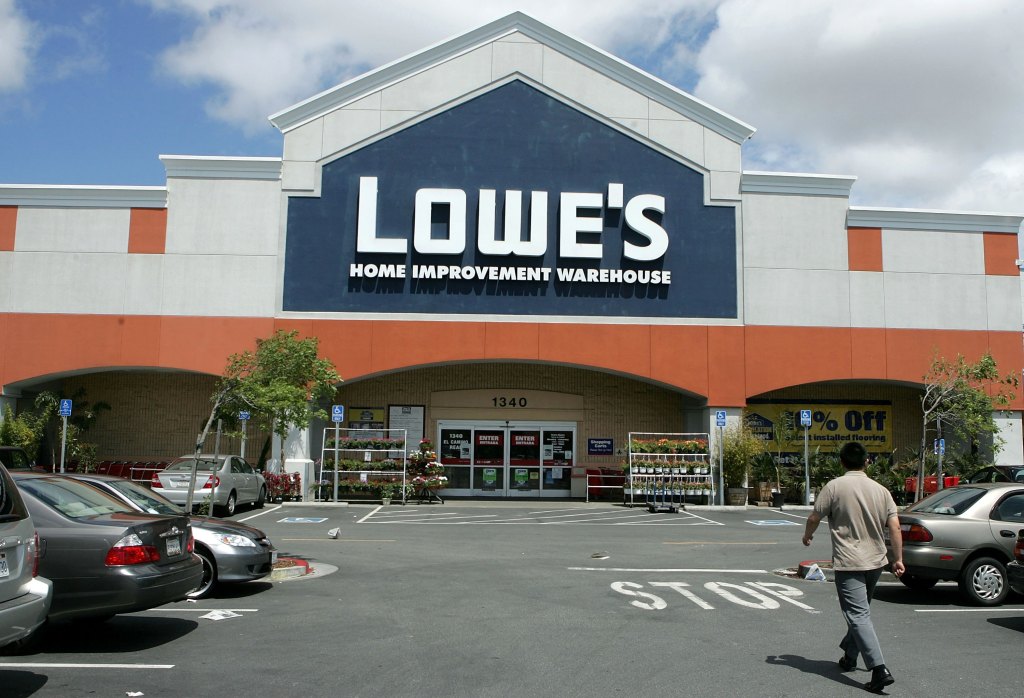
Another large retail chain, Lowe’s might be smaller than Walmart but still has more than 2,000 stores and employs 300,000 people. It generated $86 billion in 2023.
The home improvement chain announced its DEI rollback via an internal memo where the firm announced it would stop taking part in surveys for the Human Rights Campaign (HRC), combine employee groups into one umbrella organisation and end support for “festivals, parades and fairs” – arguably meaning Pride events.
Starbuck claimed he contacted executives at the chain last week “to let them know I planned to expose their woke policies” and subsequently “woke up to an email where they pre-emptively made big changes”.
However, a spokesman for Lowe’s told CNN they had heard from Starbuck after the company “already announced changes that had long been in process.”
Toyota
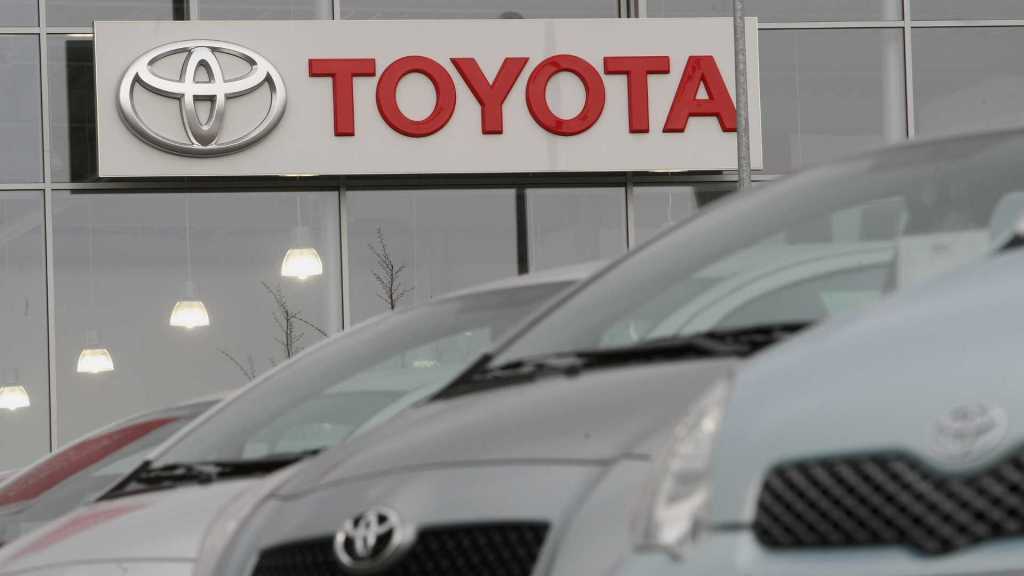
After coming under fire from Starbuck, car-manufacturer Toyota announced their “refocus” of diversity, equity and inclusion (DEI) programmes means they won’t sponsor cultural events and parades such as LGBTQ+ Pride in the US.
In a memo sent to 50,000 US employees and more than 1,500 dealerships, the company said the decision follows a “highly politicised discussion” around business commitments to DEI.
“We will no longer sponsor cultural events such as festivals and parades that are not related to Stem [science, technology, engineering and maths] education and workforce readiness,” the memo read.
According to Bloomberg, Toyota will also no longer participate in cultural surveys, and will end their participation in the Human Rights Campaign (HRC) annual Corporate Equality Index, which once gave them a perfect score for their DEI efforts.
The car-makers will refocus employee resource groups for professional development, networking and mentoring with a “clear alignment to driving the company’s business”.
John Deere
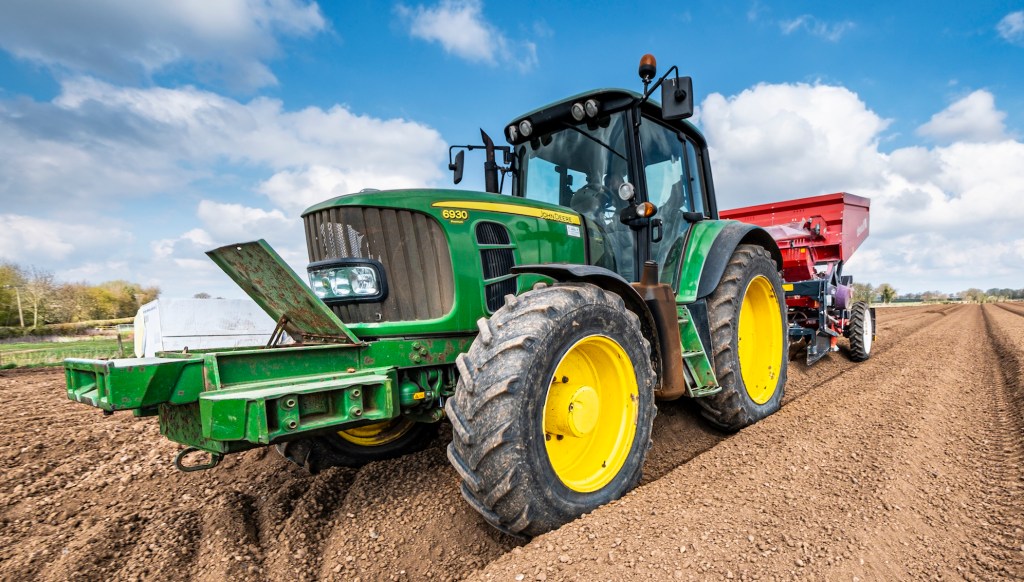
In a post on social media in July following a Starbuck campaign, agricultural manufacturer John Deere confirmed it was rolling back its corporate inclusion efforts.
The statement read: “We will no longer participate or support external social or cultural awareness parades, festivals or events. Business resource groups will exclusively be focused on professional development, networking, mentoring and supporting talent recruitment efforts.”
All company-mandated training materials and policies would be audited to ensure the absence of socially motivated messages while being in compliance with federal, state and local laws, the company promised while reaffirming that “the existence of diversity quotas and pronoun identification have never been and are not company policy”.
However, the statement also noted that the company “fundamentally believe a diverse workforce enables us to best meet our customers’ needs, and because of that, we will continue to track the advancement of the diversity of our organisations”, adding: “Your trust and confidence in us are of the utmost importance to everyone at John Deere, and we fully intend to earn it every day and in every way we can.”
Stanley Black & Decker
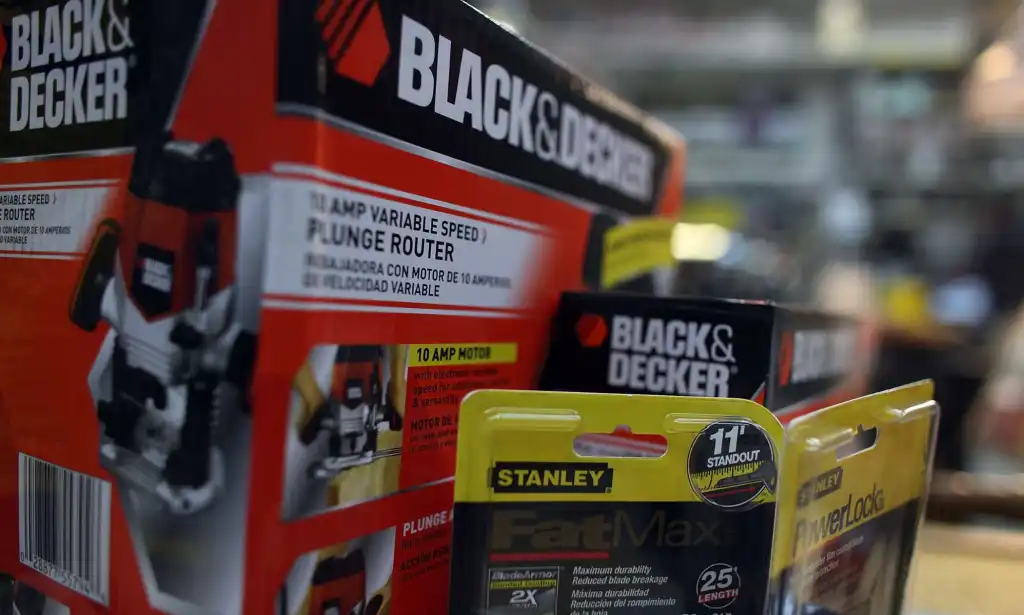
Toolmakers Stanley Black & Decker have been accused of “scrubbing” all mentions of DEI from its corporate website.
This time though, the backlash came from Consumers’ Research, a right-wing campaign group that prides itself on targeting “wokeness” in business.
The pressure group’s executive director, Will Hild, believed Stanley Black & Decker might continue to undertake DEI activities “albeit more surreptitiously than before they were caught”.
Molson Coors
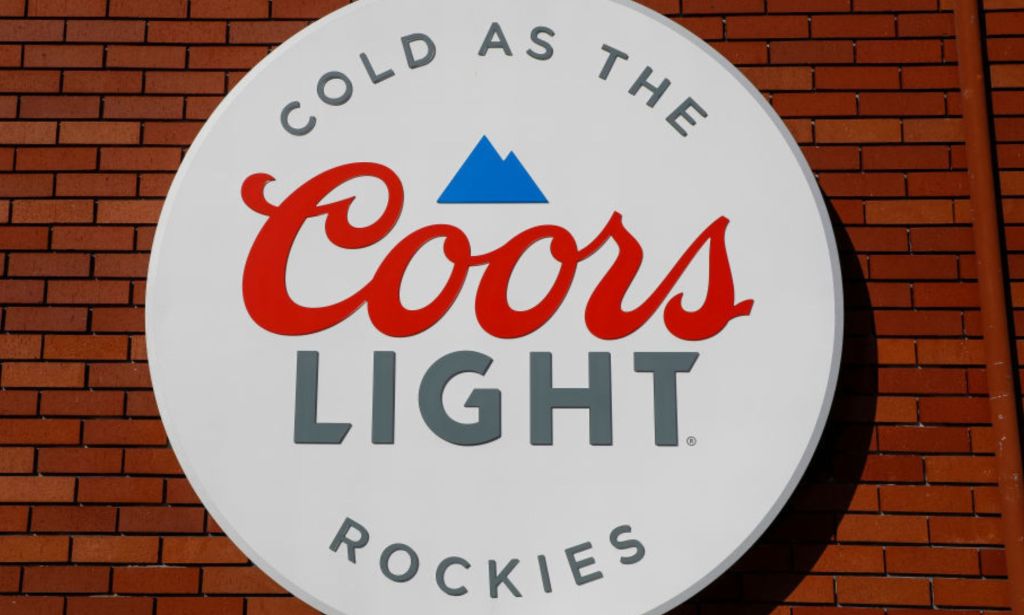
Molson Coors Brewing Company reportedly began restructuring its corporate training programmes in March, according to an internal memo.
Despite once being “refreshingly proud”, the brewer added that it will do away with DEI programmes and diversity quota because of the “complicated” rise of anti-LGBTQ+ rhetoric.
Human rights groups struck back, with GLAAD shaming the company for deciding to “walk away” from supporting marginalised groups “when it gets noisy and hard”.
Ford
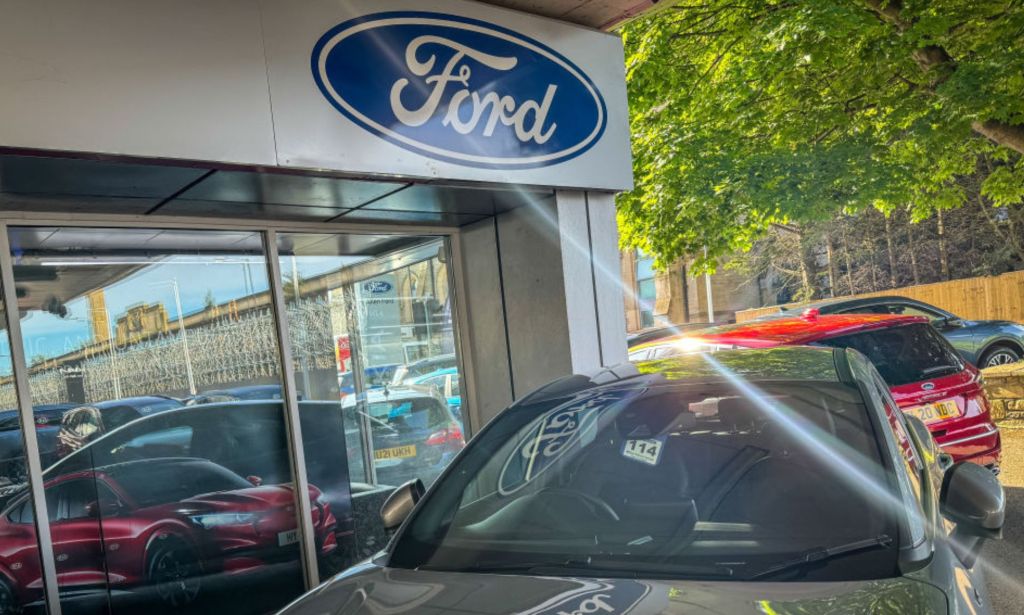
The car manufacturer announced in August an intention to leave the HRC’s CEI. Chief executive Jim Farley wrote in a memo that the company would focus on taking care of employees and customers “versus publicly commenting on polarising issues of the day”.
Farley also sits on the corporate board at Harley-Davidson.
While Starbuck publicly celebrated another win, the HRC condemned the move, saying: “Today, Ford abandoned its values and commitments to an inclusive workplace, cowering to MAGA weirdo Robby Starbuck.”
Harley-Davidson
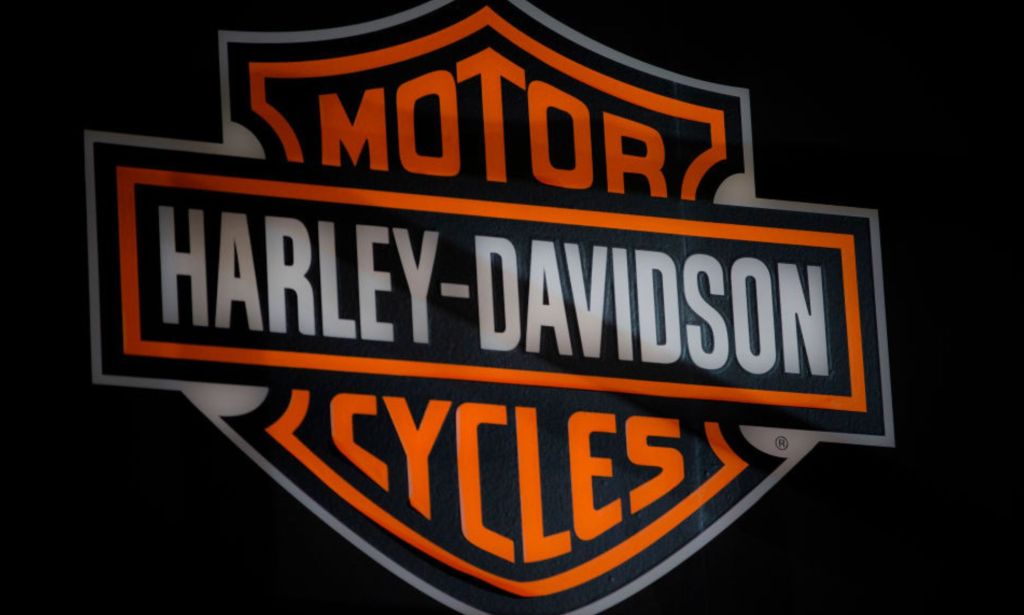
The motorcycle maker succumbed to the anti-woke brigade after Starbuck accused the company of taking on DEI initiatives. “I don’t think the values at corporate reflect the values of nearly any Harley-Davidson bikers,” he wrote on X.
“Do Harley riders want the money they spend to be used later by corporate to push an ideology that’s diametrically opposed to their own values?”
Despite a long history of supporting LGBTQ+ causes, Harley-Davidson said they hadn’t had a DEI function since April and “no longer have supplier diversity spend goals”.
In addition, all employee training would only be business-related and “absent of socially motivated content.”
Jack Daniel’s

Another well-known brand, Jack Daniel’s, announced the scrapping of all DEI initiatives because “the world has evolved” since 2019 when the business, owned by Brown-Forman, first introduced the policies.
Starbuck considered this a big win, writing on X that he received the news before he could expose the company and bragging: “We are winning… one by one we will bring sanity back to corporate America”.
Despite the new “strategic framework”, including leaving the HRC’s CEI index, the company will still foster an inclusive culture where “everyone is welcomed, respected and able to bring their best self to work”.
Tractor Supply Co
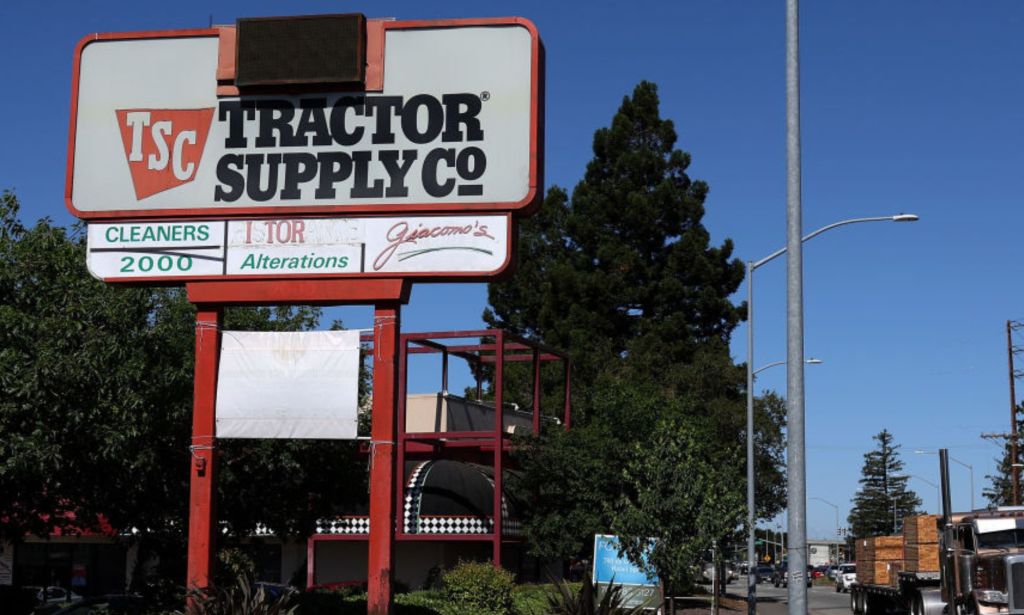
The rural America retail chain specialising in agricultural wares was the first domino to fall under Starbucks’ scrutiny. In a lengthy tweet exposing Tractor Supply for having “woke priorities”, including donations to charities that support LGBTQ+ youngsters, the company faced an intense backlash on social media.
The firm quickly relented, promising to eliminate their DEI programmes and climate change goals, saying: “We have heard from customers that we have disappointed them. We have taken this feedback to heart.”
In addition, the company will no longer provide data to the Human Rights Commission’s (HRC) Corporate Equality Index (CEI), a bench-marking tool that rates American businesses on policies and practises that affect their LGBTQ+ employees.